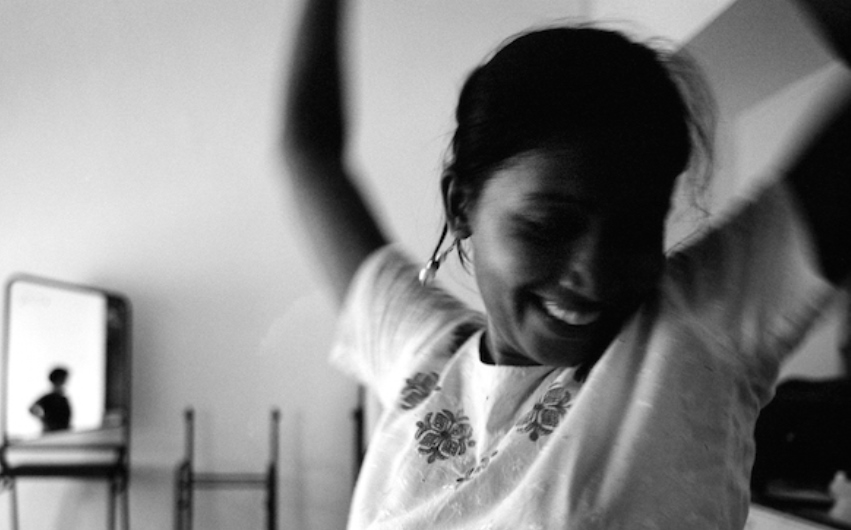
This ethnographic research aims to understand the experiences of social inclusion and exclusion of female migrants in Singapore, through their embodiment of difference.
Singapore is a culturally diverse city-state between Malaysia and Indonesia, and its history has been intertwined with migration. The increasing participation of women in international migration has led large groups of women from Southeast Asia and other regions of the world to fulfil roles in Singapore as low-wage workers or high-salaried employees, or as companions of husbands or studying children. Women’s migration experiences differ significantly from those of men, as gender shapes migration decisions, policies, ideas about appropriate forms of employment and citizenship, and settlement experiences. This research draws on the notion of ‘embodied borders’ to show how migrant women in Singapore encounter social processes of inclusion and exclusion that are inscribed, mediated, performed, and contested through their bodies.
In densely populated Singapore, female migrant bodies represent the exoticized, sexualized, and foreign ‘other’. Embodied borders between different groups of migrant women and locals are created, sustained or contested in everyday sociality. Thus, everyday embodied sociality of migrant women is the starting place of the comparative ethnography which is scheduled to be conducted in 2018. The ethnographic data may reveal discriminatory economic, political, and cultural processes at societal and state levels, and draws attention to the contribution of ‘foreign’ or ‘other’ bodies to social urban space – pertinent to contemporary societies.
Photo credits: Sim Chi Yin / VII Photo Agency
PROJECTS
Click here to go back to the full list of research projects ongoing at the KITLV/Royal Netherlands Institute of Southeast Asian and Caribbean Studies and in collaboration with other departments and institutions.



